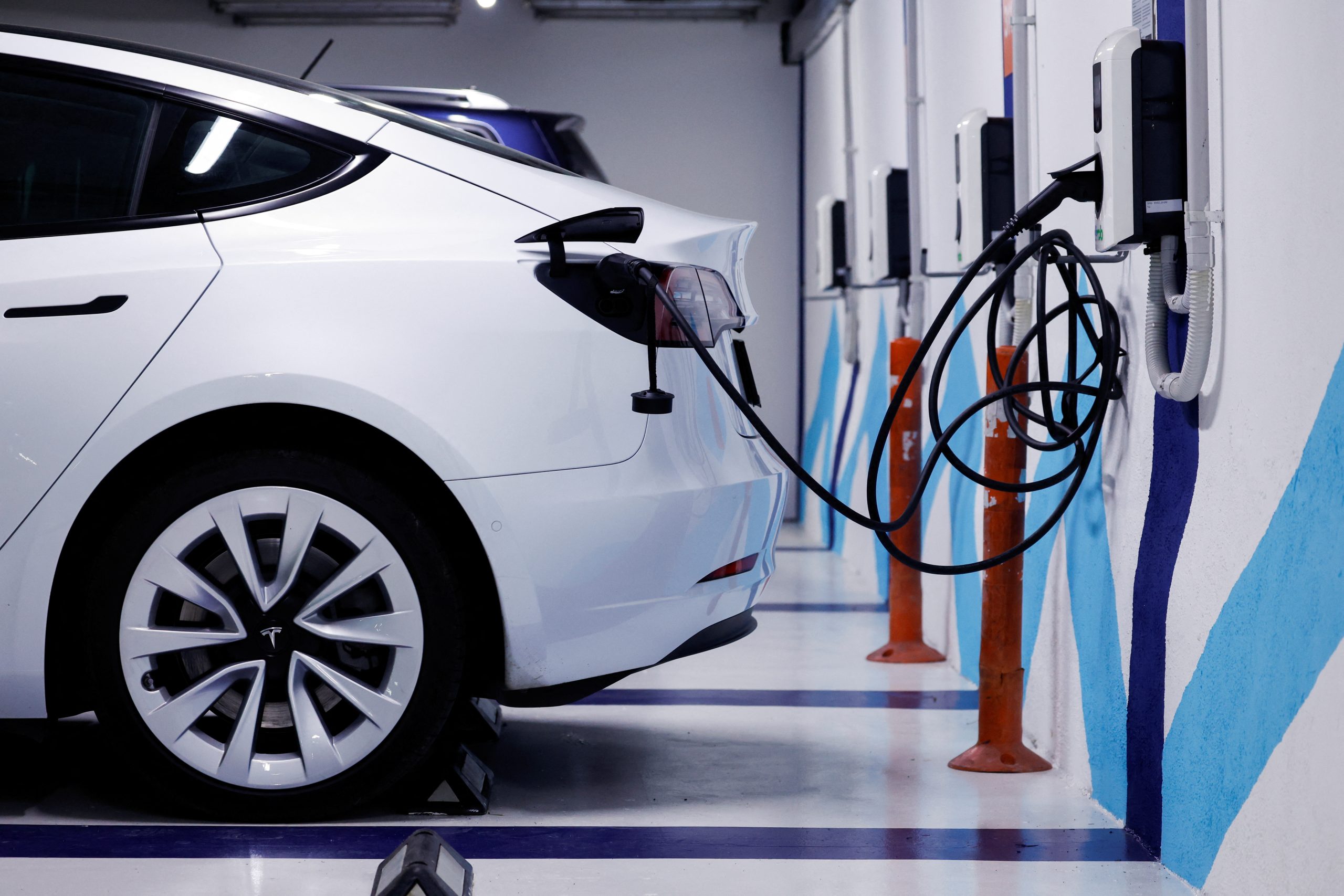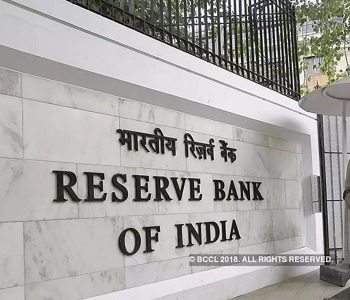Nepal sees surge in electric vehicle imports in fiscal year 2023-24

KATHMANDU: Nepal has experienced a remarkable surge in the import of electric vehicles (EVs) over the past year. According to the Department of Customs, the country imported a total of 11,701 electric vehicles in the fiscal year 2023/24, nearly three times the number imported in the previous fiscal year.
In the fiscal year 2022/23, Nepal imported 4,050 electric vehicles. This significant increase underscores the growing demand for EVs in the country, driven by rising environmental awareness and government incentives for green technology.
The total import price of these vehicles reached Rs 29.482 billion. From this, the government collected substantial revenue amounting to Rs 13.2867 billion, reflecting the economic impact of the burgeoning EV market.
The Department of Customs reports that the majority of EV imports in the last fiscal year were vehicles with a capacity of 51 to 100 kW, accounting for 6,885 units.
This category of electric vehicles has become increasingly popular due to its balance of power and efficiency, making it suitable for both urban and long-distance travel.
The second most imported category comprised jeeps, vans, and cars with a capacity of up to 50 kW, with a total of 4,571 units imported. These vehicles are favored for their versatility and lower energy consumption, appealing to a broad range of consumers from city commuters to rural users.
China emerged as the leading source of Nepal’s electric vehicle imports, with 8,065 units imported during the review year. India followed, with 3,377 electric vehicles imported. The preference for Chinese and Indian EVs can be attributed to competitive pricing and a variety of models that cater to different market segments.
The surge in electric vehicle imports highlights Nepal’s shift towards sustainable transportation and reduced reliance on fossil fuels. The government’s support for electric vehicles, coupled with increasing consumer interest, is expected to drive further growth in this sector.
As Nepal continues to embrace electric mobility, the infrastructure to support EVs, such as charging stations and maintenance facilities, will need to expand to accommodate the rising number of electric vehicles on the roads. This transition is set to contribute significantly to Nepal’s environmental goals and economic development.














Facebook Comment